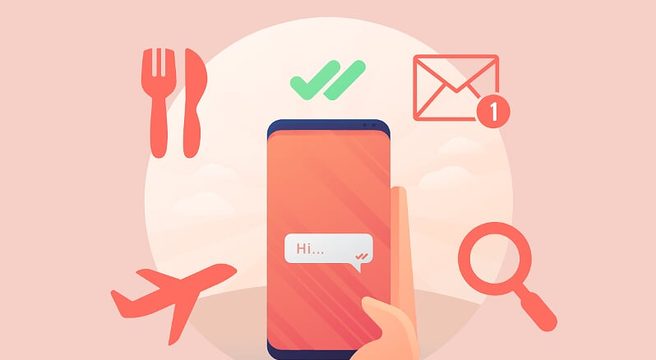When you make a purchase you’re doing so based on an emotional reaction. You might like to think it’s a logical weighing up of the pros and cons. But I’m telling you it’s not.
Logic plays its part. But emotions are much more powerful, much more pervasive and much more likely to get you to part with your hard-earned money.
The fact is you buy with emotions and then you rationalise the purchase with logic.
Even knowing this information, I am helpless to prevent it. I’ll give you a real example. I’m writing this on an Apple Macbook, a lovely machine (there’s your first clue). But they’re expensive right? You can get a better spec for a lot less money. And I was well aware of this.
I had done a tonne of research on the internet. I asked about four computer enthusiast friends for advice and they all suggested different brands – but known of them were Apple. After hours online (have you ever seen how many laptops choices there are?), I came to my decision. It was a slim, slick looking, high-spec laptop for about £700.
Now, it’s important to note that during this research time I had wondered into the Apple store a few times to play with the machines (only to look at them as they were too expensive). But boy did they look and feel good. But definitely too expensive.
So the day came when I was ready to part with my £700. I took with me a print-out of the exact model I wanted and headed to a bunch of electrical retailers. Unfortunately, these shops either didn’t have the model I wanted or they only sold them online. So I left to go back home and order via the internet.
The only problem was I had to pass the Apply store again. I decided to go in (like a magnet ‘decides’ to stick to metal) and 15 minutes later I was walking out with a Macbook, costing me nearly double what I intended to pay. I even said to the sales person in the store, “convince me to buy one”.
As you can see I had already fallen in love with the Mac and I bought it despite all the logical arguments in my head. This is emotional buying at work.
So the question is how do you use emotion to sell more on your website?
Think about the emotional connections your product or service has with your customers. Is it fear (security alarms) or hope (cosmetics) or peace of mind (insurance) or freedom (driving lessons)? Now focus your marketing message on hitting that nerve.
If the visitors to your site feel you identify and understand their problem on this deeper emotional level, they are much more likely to do business with you. And they probably won’t even realise why.





